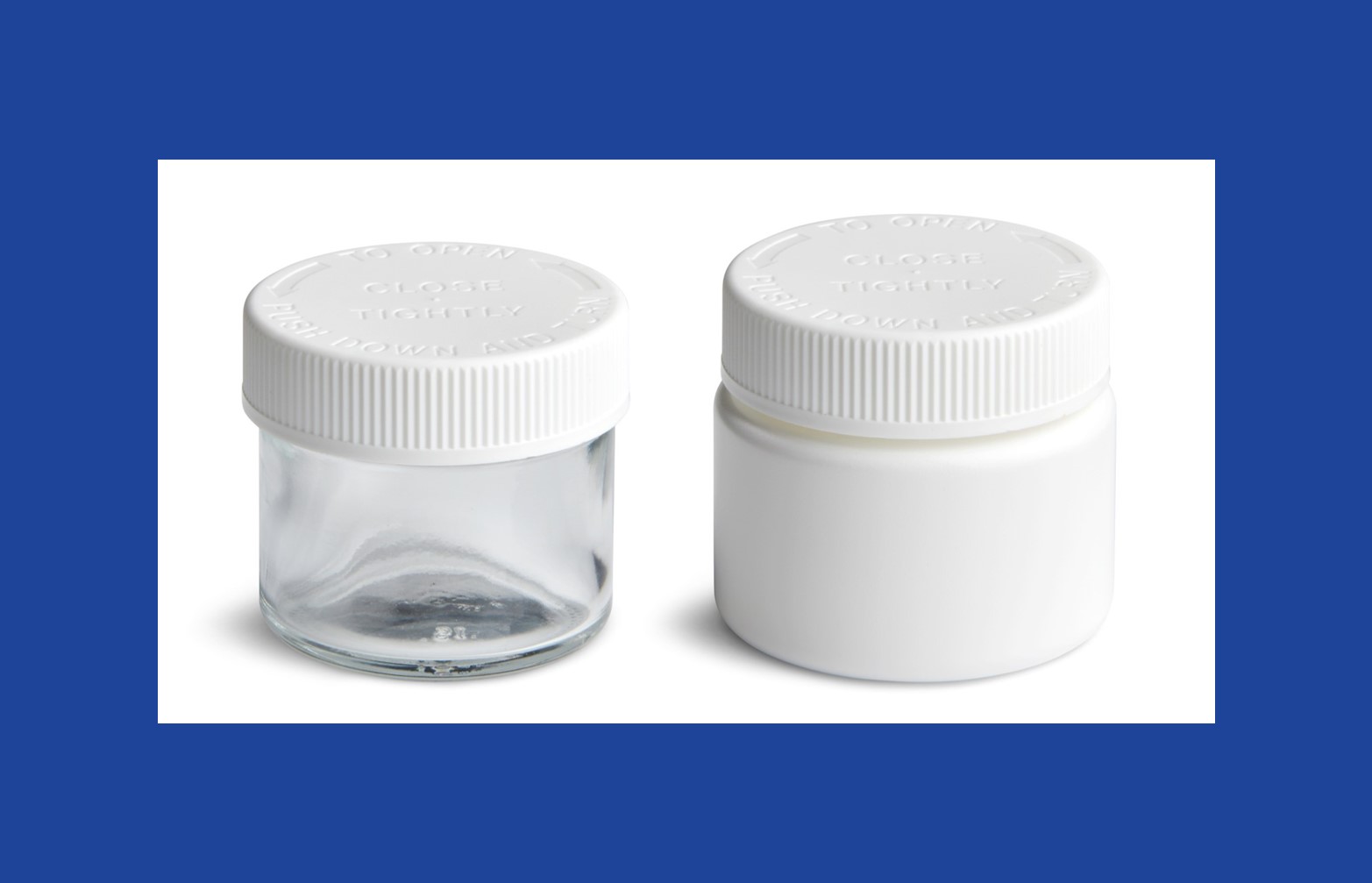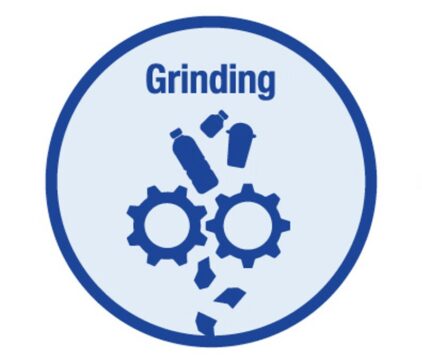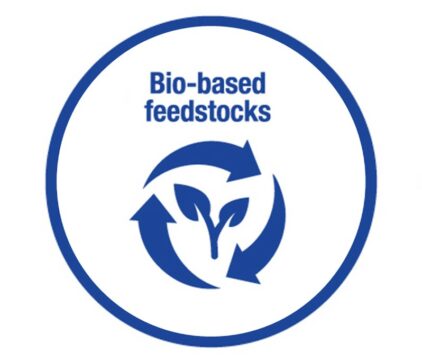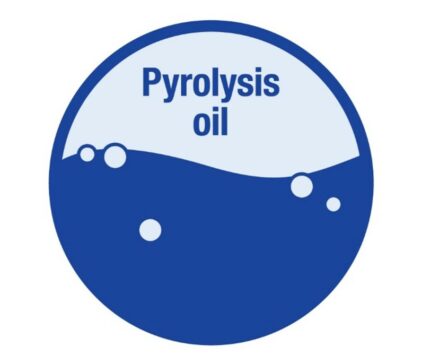Our Sustainability Initiatives and Customer Resources
Drug Plastics has implemented a strategy to improve our own sustainability and help conserve natural resources. We also want to help our customers to do the same, so we offer manufacturing options and tools to help them reduce their own carbon footprint.
We have developed our own company-wide Corporate Social Responsibility Declaration, committed to SBTi, and instituted a comprehensive Supplier Code of Conduct. In 2023, we earned a Bronze Medal from EcoVadis for our sustainability initiatives. Learn more below.
For our customers, we provide more sustainable resin options to manufacture plastic bottles and closures. This is one of the most significant ways to reduce the environmental impact of plastic packaging. Other ways include source reduction and the elimination of flame treatment of bottles. Learn more and discover other tools below.

Our Commitment to Corporate Social Responsibility
Many companies have adopted a Corporate Social Responsibility (CSR) philosophy to make improvements in the communities and society they operate. Drug Plastics is no exception. We’ve instituted the four pillars of CSR (Environment, Labor and Human Rights, Ethics, and Sustainable Procurement) into our daily operations across the company.

Committed to Science Based Targets initiative (SBTi)
As part of our on-going pledge to sustainability, Drug Plastics has committed to set near-term company-wide emission reductions in line with climate science from the Science Based Targets initiative (SBTi). We’ve also committed to net-zero by 2050.
Science-based targets provide a clearly defined pathway for companies to reduce greenhouse gas emissions, helping to prevent the worst impacts of climate change and future-proof business growth.
Targets are science-based if they are in line with what the latest climate science deems necessary to meet established global goals.
Learn more on the SBTi website.
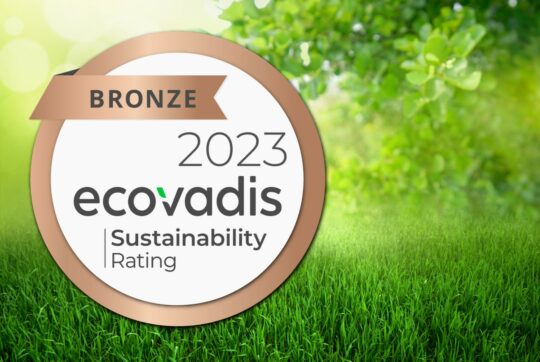
EcoVadis Bronze Medal Recipient
EcoVadis is a global provider of sustainability assessments and ratings for businesses and their suppliers. Drug Plastics has earned a Bronze Medal. Qualification is done through an assessment of the four key pillars of corporate social responsibility:
- Environment: includes environmental impact of manufacturing operations and products
- Labor and Human Rights: includes employee relations, well-being, and human rights
- Ethics: includes corruption, anti-competitive practices, and responsible information management
- Sustainable Procurement: includes supplier environmental and social practices
Learn more on the EcoVadis website.
Environmental Reporting with CDP
Over the past 20 years, the CDP (formerly the Carbon Disclosure Project) has created a system for environmental reporting by corporations, municipalities, and the world’s largest companies. This system has resulted in unparalleled engagement on environmental issues worldwide. Here are a few key points:
Purpose and Focus: we use the format to see where we are and what we need to do to continue to manage our environmental impacts
Disclosure System: we voluntarily disclose our environmental data through CDP’s platform
Areas of Impact: helps drive positive change by encouraging responsible practices through various environmental aspects, like greenhouse gas emissions, water usage, and climate change
Corporate Environmental Action Tracker: tracks progress made by companies in reducing greenhouse gas emissions and provides insights into corporate environmental actions

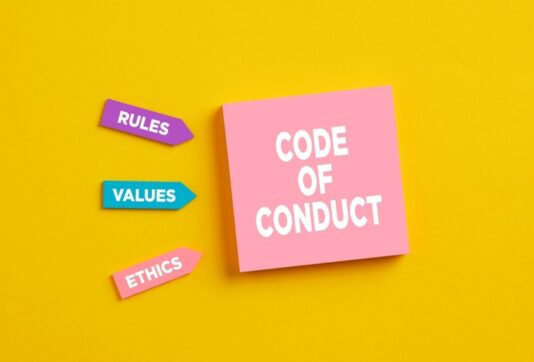
Comprehensive Supplier Code of Conduct
At Drug Plastics, we are working towards ensuring that our supply chain is aligned with our own Corporate Social Responsibility Declaration through a stringent Supplier Code of Conduct.
Our declaration includes 26 different attributes that further define the four pillars of Environment, Labor and Human Rights, Ethics, and Sustainable Procurement.

Our Sustainability Case Study
Our goal is to implement programs and take actions that reduce our carbon footprint every year. We’ve made significant strides improving our internal sustainability record at all of our manufacturing facilities and the corporate office.
For instance, we’ve increased our renewable/carbon-free electrical generation dramatically – all six of our bottle manufacturing facilities will have 100% renewable/carbon-free sourced electrical generation for 2024.
Our Tools and Resources for Customers
We know that having all the information necessary to make the right decisions is important when designing plastic packaging. That’s why we created tools, developed manufacturing options that save natural resources, and provide suggestions that help our customers create more planet-friendly plastic packaging. For instance, our Sustainability Calculators give you real-time information showing how simple changes to your plastic packaging can impact the environment.
Resin Choice Delivers the Greatest Impact on Carbon Footprint
In addition to traditional resins derived from fossil fuels like oil and natural gas, we offer several resins that offer increased sustainability and are better for the planet.
It’s important to understand the differences between Post-Consumer Recycled (PCR) resin made through Mechanical Recycling, Bioresin, derived from renewable resources like sugarcane, and resin made through the Advanced Recycling process, and how they impact the environment.
We compare the benefits of these three more sustainable options and discuss how they are made below.
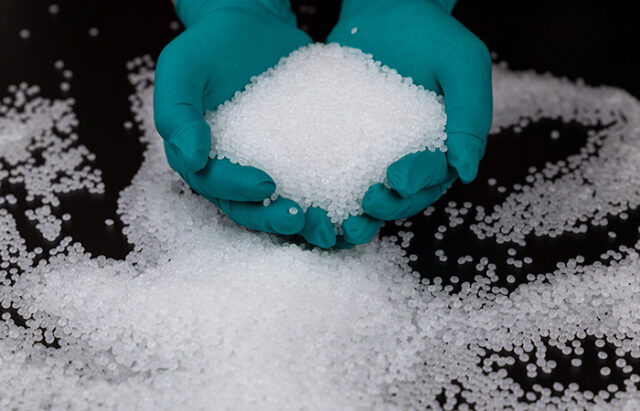
Selecting Alternative Sustainable Resins
Resin selection is an important step when designing product packaging. There are notable differences between these alternative resins which offer increased sustainability benefits than traditional resins made from fossil fuels.
So, how do you know which sustainable resin is the correct choice for your product? We’ve outlined the benefits of each type so you have the information you need to make the right decision.
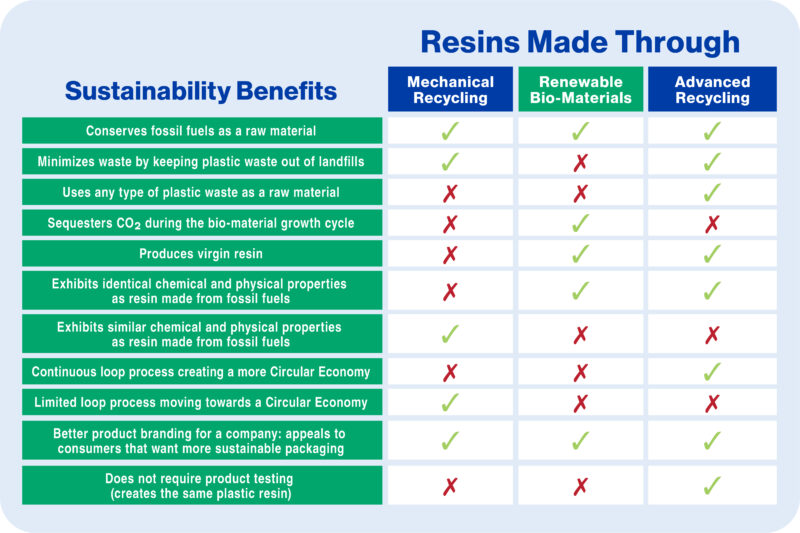
Other Solutions for Planet-Friendly Packaging

Flame Treatment Elimination
Historically, the use of flaming in the plastic bottle manufacturing process ensured that water-based adhesive labels and silk screening would adhere properly to HDPE, LDPE, and PP bottles. Today, it’s not always necessary, depending on the label type used.*
Use our simple Flaming Elimination Calculator to determine the environmental impact when you avoid flaming plastic bottles.
*We recommend consulting with your label provider.
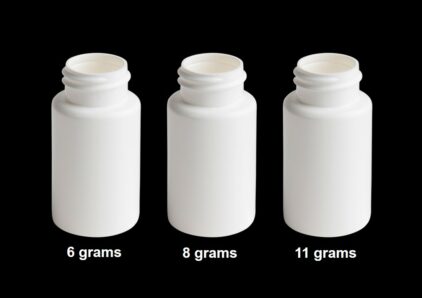
Bottle Source Reduction
Also known as right-weighting, the same bottle can often be manufactured with less plastic to improve sustainability. Right-weighting identifies the required wall thickness specifically for your product.
A bottle with too little plastic may be too thin to hold up to filling lines or may deform after product is filled. A bottle with unnecessary excess plastic may result in wasted plastic and added costs.
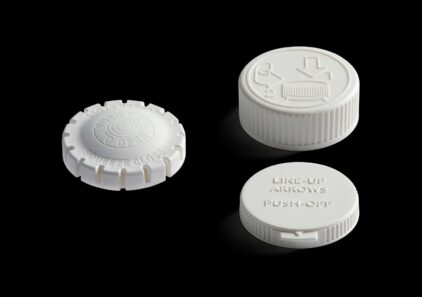
Closure Source Reduction
Conserve raw materials and maintain FDA-approval and child resistant standards. For example, select our 38mm Pop & Click™ Child Resistant Closure over our Snap Cap Closure and realize an approximate 12% reduction in material usage. Even better, realize an approximate 65% reduction of material usage over our Push and Turn SecuRx® Child Resistant Closure.
Use our Polypropylene Closure Calculator to learn how much your can save by switching.
Sustainability Calculators
Our Sustainability Calculators show you how making simple changes to your plastic packaging can be more sustainable and have a big impact on the environment. From switching to more sustainable plastic resin and reducing the amount of collateral packaging materials, to calculating the savings gained from choosing HDPE plastic over glass, these useful tools will provide you with real-world results, and allow you to select more sustainable packaging.
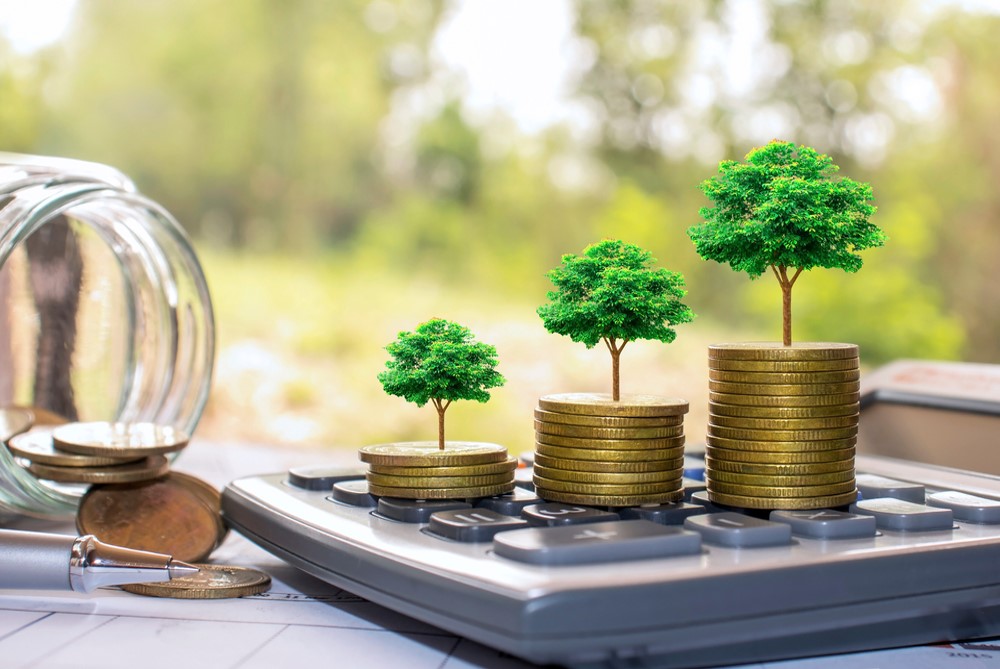
Sustainability Road Map
Working together, the bottle and closure ensure a secure packaging system that protects the product inside, meets regulatory requirements for child resistance, and protects consumers.
Learn how to transform a bottle and closure system that’s manufactured with traditional HDPE and PP resin into more sustainable packaging.
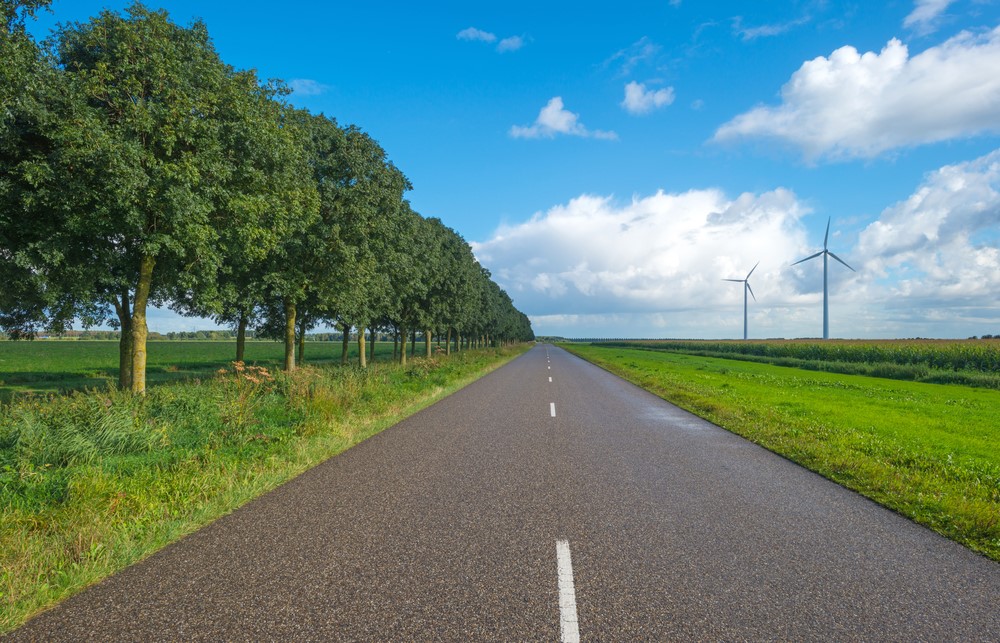
Choose Plastic Over Glass
There are many material choices for packaging, including glass and various types of plastic products. Both materials are available in many standard sizes and shapes, and both can be customized.
If sustainability is important to your business, plastic offers significant advantages over glass.
